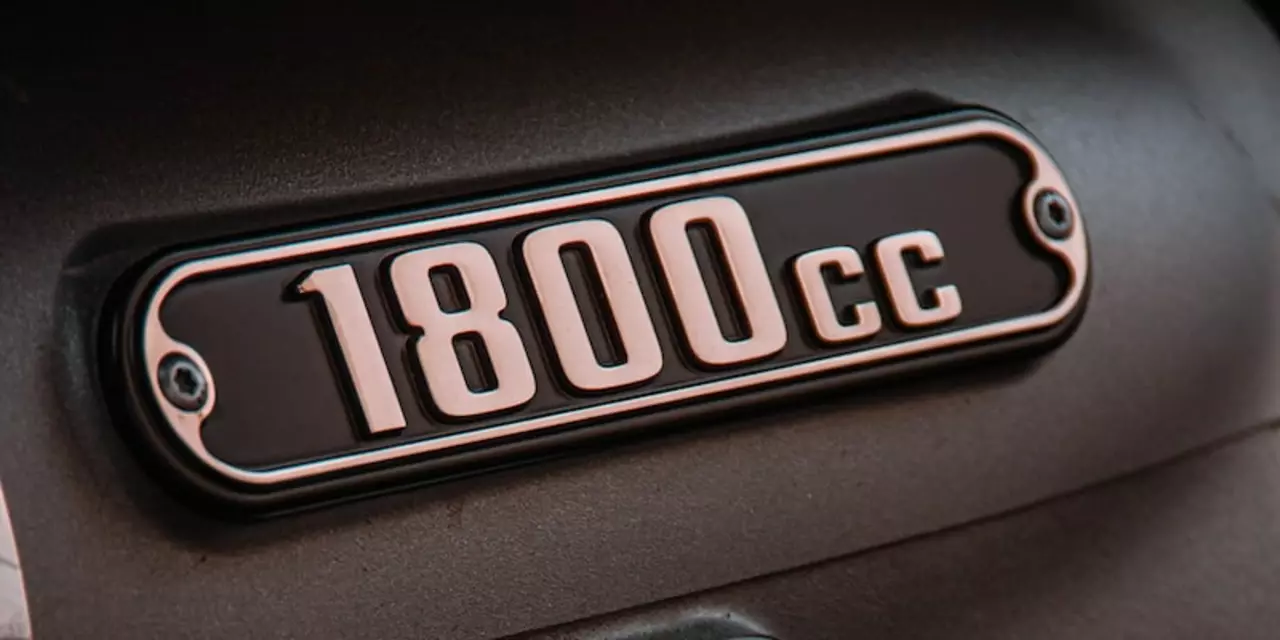Moto GP is one of the most exciting and popular forms of motorcycle racing in the world. It has a passionate fan base and many of the world's best riders compete in it. Yet, despite its popularity, BMW has never entered the Moto GP racing scene. This begs the question – why doesn't BMW have a Moto GP racing team?
There are several potential reasons for this. Firstly, BMW has a strong focus on road safety and may feel that Moto GP is too dangerous for their brand. They have also traditionally been focused on touring bikes and may not feel that Moto GP can offer them any advantage in terms of marketing or technology. Finally, the cost of entry into Moto GP is very high and BMW may not feel that it is worth the investment.
Whatever the reason, it seems that BMW has no plans to enter the Moto GP racing scene in the near future. This is a shame, as the combination of BMW's engineering prowess and the excitement of Moto GP could have been a winning combination. Perhaps one day BMW will reconsider their stance and we will see them enter the Moto GP world.
Moto GP racing is one of the most popular and exciting forms of motorsport in the world. The series is home to some of the best riders and teams in the world, and every year billions of fans tune in to watch the action. However, one notable absence from the Moto GP circuits is BMW, one of the world's largest and most successful automotive companies. So why doesn't BMW have a team in Moto GP? Let's examine the challenges that BMW faces when it comes to Moto GP racing.
The first challenge facing BMW is the cost. Moto GP racing is an incredibly expensive sport, and teams have to invest millions of dollars in equipment, research, and development. This is a huge financial commitment for any company, and BMW may not be willing to invest that much money into a racing team. Additionally, BMW already has a presence in other forms of motorsport, such as Formula One and touring car racing, which may make them reluctant to invest in a new racing series.
The second challenge is the fact that Moto GP is dominated by Japanese and Italian manufacturers. Honda, Yamaha, and Ducati are the three biggest teams in the series, and all three are heavily invested in their racing programs. This makes it difficult for any new team to break into the series, as they would have to compete against some of the most established teams in the world. This could be a major deterrent for BMW, as they may not want to risk being outmatched by these teams.
Finally, BMW may not have the infrastructure to compete in Moto GP. The team would need a dedicated race shop, staff, and other resources to compete at the top level of the sport. This is no small undertaking, and it could be a major obstacle for BMW to overcome. Additionally, the team would need to find competitive riders that could challenge the established teams, which could be a difficult task.
These are just some of the challenges facing BMW if they were to enter Moto GP racing. While it is possible that BMW could one day enter the series, it is unlikely to happen anytime soon. For now, BMW will have to content themselves with their other racing endeavors.
As one of the world’s most famous and successful car manufacturers, BMW has long been associated with the pinnacle of automotive technology, luxury, and style. With all of the knowledge, experience, and resources the company has, it’s no surprise that many people are interested in why BMW has yet to join the Moto GP racing scene. After all, the company has been involved in many other forms of motorsport, such as Formula 1 and the World Rally Championship, so it would make sense that they’d want to be involved in Moto GP as well.
The primary benefit of BMW joining Moto GP racing would be the increased exposure and brand recognition the company would gain by competing in the sport. With the world’s best riders, teams, and equipment all competing for the same championship, it’s no surprise that Moto GP has become one of the most popular spectator sports in the world and joining the series would certainly increase BMW’s visibility among motorsport fans. Additionally, building and maintaining a successful Moto GP team would give BMW an opportunity to showcase and develop their advanced engineering and technological capabilities.
On the other hand, there are also some potential downsides to BMW joining Moto GP racing. Firstly, the company would have to invest significant resources into the effort, which could be better used on other projects or initiatives. Secondly, it’s possible that BMW would be unable to compete with the more established teams in the series, which could damage the company’s reputation if they were to fail to perform. Finally, the risk of injury or death to the riders, as well as the cost of replacing any damaged or destroyed vehicles, could be a major financial burden for the company.
In the end, it’s clear that BMW has a lot to consider when evaluating the potential benefits and risks of joining Moto GP racing. While the increased exposure and technological development could be beneficial to the company, they must also carefully weigh the potential costs and risks before making a decision.
